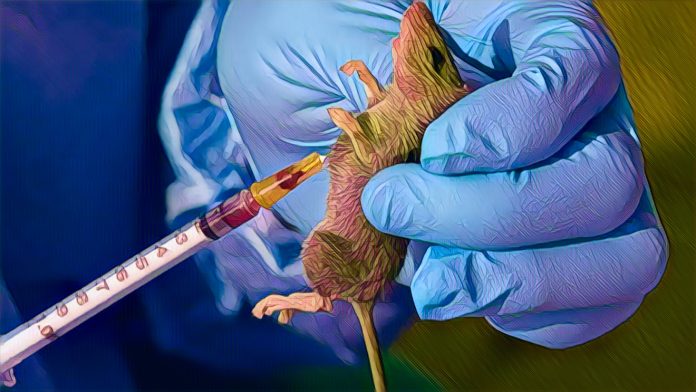Key Points
-
Lassa fever deaths reach 156 in Nigeria in 2025.
-
Ondo, Edo, and Bauchi lead in confirmed infections.
-
Health officials intensify response to contain the outbreak.
The Nigeria Centre for Disease Control and Prevention (NCDC) reported that 156 people have died from Lassa fever in 2025, cautioning that despite continuous containment efforts, the hemorrhagic disease is still spreading throughout several states.
According to the NCDC’s most recent epidemiological report, the virus has been verified in 126 local government units and 28 states.
This year, there have been over 900 confirmed cases overall, with the highest infection rates occurring in the states of Ondo, Edo, and Bauchi.
A Lassa fever outbreak spreads throughout the states of Nigeria
Lassa fever is still endemic in some regions of West Africa.
According to a report by Vanguard news, it is an acute viral hemorrhagic disease that is mainly contracted by humans through contact with food or household objects tainted by rodent urine or feces.
Although officials caution that infections are being reported outside of the typical pattern, seasonal outbreaks in Nigeria typically peak during the dry months.
According to NCDC Director-General Dr. Jide Idris, lowering deaths requires early diagnosis and raising community awareness.
He stated that the agency is increasing laboratory testing and fortifying disease surveillance systems across the country, noting that “prompt treatment significantly improves survival rates.”
Health officials advocate for more robust preventive measures
Nigerians were encouraged by the NCDC to embrace preventive measures, such as better sanitation, appropriate food storage, and the use of protective gear for medical personnel.
Rapid response teams have also been sent by officials to the impacted states to assist with contact tracing and case management.
The battle against the virus is being hampered, according to health experts, by deficiencies in rural healthcare infrastructure and restricted access to prompt medical attention.
According to Dr. Kemi Adebayo, an infectious disease specialist in Lagos, “many patients arrive at hospitals late, when the disease has already progressed.”
Deaths from Lassa fever raise questions about public health
Nigeria’s continued susceptibility to infectious disease outbreaks is highlighted by the growing death toll.
Even though the nation has improved its public health response, containment efforts are still at risk due to enduring issues like underfunded primary health centers and medical supply shortages.
The World Health Organization and other international health organizations have promised to keep supporting Nigeria’s response to Lassa fever.
Experts predict that the next few weeks will be critical as the NCDC attempts to stop the spread of the disease and keep the already overburdened healthcare system from being further strained.



